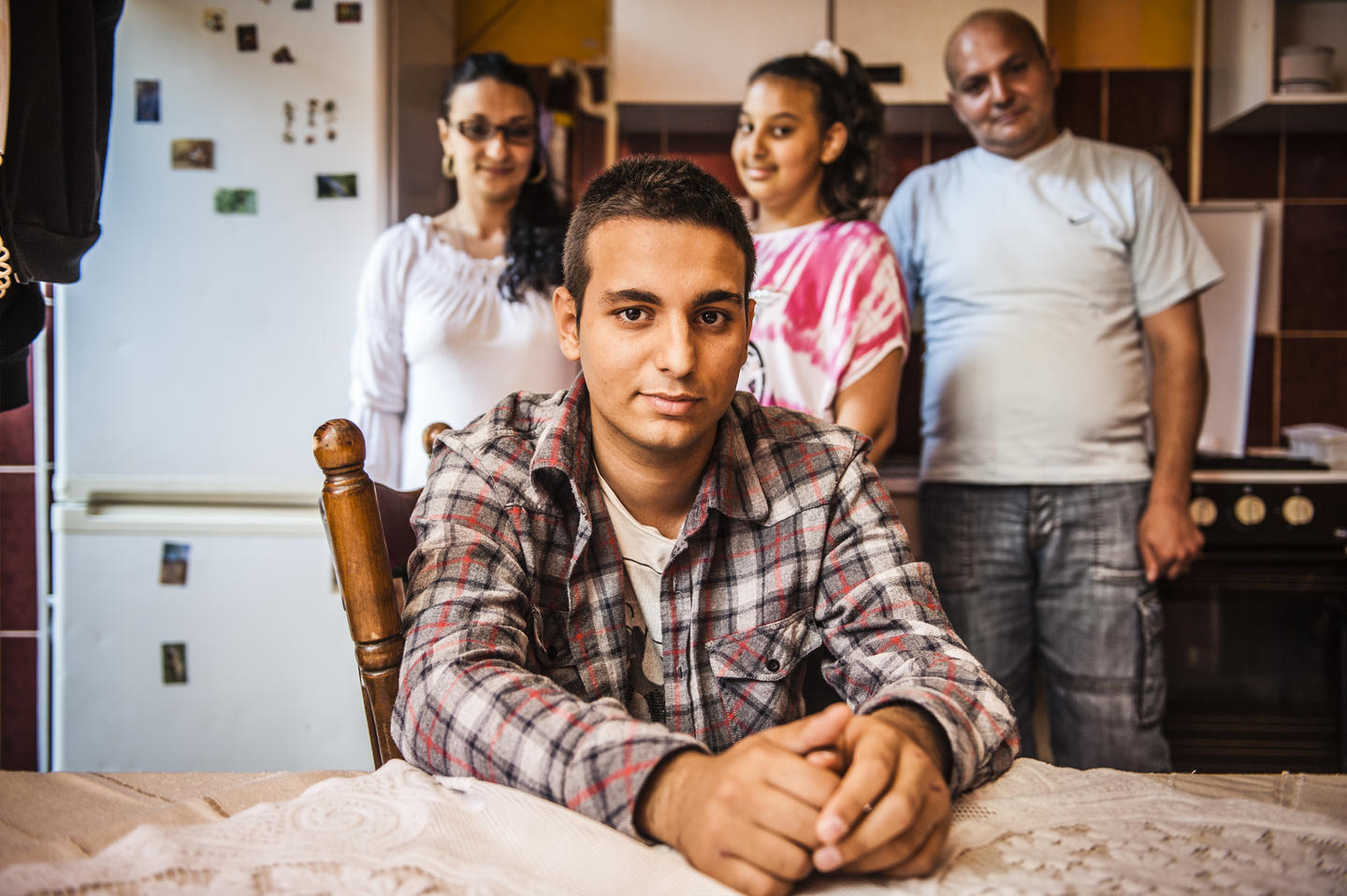Today, 8 April, is the International Roma Day – celebrating Roma culture and raising awareness about issues faced by one of Europe’s largest minorities.
Many Roma in Europe face deep social and economic exclusion. Widespread discrimination and segregation often exclude Roma from full participation in society, locking them into a cycle of poverty and marginalisation. Several of the programmes under the current period address Roma-related issues in countries with sizeable Roma minorities, such as Bulgaria, Czech Republic, Hungary, Romania and Slovakia.
“The challenges facing the Roma population in Europe demands joint European efforts. Integrating Roma communities into society is a priority of the EEA and Norway Grants and an important element in the reduction of social and economic disparities in Europe. We cooperate with the Council of Europe, the European Commission and other relevant organisations within this field,” says State Secretary Ms Gry Larsen in the Norwegian Ministry of Foreign Affairs in relation to the International Roma Day.
A 2012 report by the EU Agency for Fundamental Rights (FRA), covering 11 EU countries, shows that Roma continue to experience high levels of deprivation and exclusion; of those surveyed, one in three is unemployed, 90% are living below the poverty line and many are denied access to adequate healthcare, housing and education.
Horizontal priority
Improving the situation of Roma is a horizontal priority for the EEA and Norway Grants. This is in line with and complementary to national Roma inclusion strategies in the beneficiary states.
In Bulgaria, 10% of the total funding is to support the improvement of the situation for the Roma population. In Romania, 10% of the funding in all relevant programmes supports activities to improve Roma inclusion. Czech Republic, Hungary and Slovakia also have programmes promoting Roma inclusion.
Drawing on its long-standing expertise, the Council of Europe is engaged as a partner in several programmes, in particular in education.
Broad support
The EEA and Norway Grants promote Roma inclusion in several specific areas supported by the funding:
Health and education
According to the FRA, only 15% of young Roma adults complete upper-secondary education. Only 20% of Roma are covered by health insurance. Improving information on and access to healthcare and education is key to breaking the cycle of marginalisation and poverty.
Several programmes address Roma inclusion in these fields, through support to centres for youth and children at risk, prevention of early school dropout, pre-school day care and establishing Roma health and education mediators.
Justice and home affairs
In the FRA survey around half of the Roma respondents said that they have experienced discrimination in the past 12 months because of their ethnic background. Roma also appear to face harsher treatment in the justice systems.
Programmes addressing judicial reforms, organised crime and gender-based violence take into account the needs of vulnerable groups, such as Roma.
Civil Society
As well as engaging with public bodies and local authorities, the EEA and Norway Grants actively support the critical role of civil society in tackling inequalities and voicing concerns of the Roma population. Through specific NGO programmes, the Grants channel support to civil society organisations to develop innovative tools and concrete initiatives to address the violations of fundamental rights experienced by Roma. This includes tackling concerns related to social inequalities, access to services, discrimination and intolerance, including in the media.
Cultural diversity
Roma are often perceived by the majority population through negative reporting. To ensure better dialogue and understanding the Grants also support the promotion of cultural diversity. This includes initiatives to foster intercultural dialogue and understanding within our societies.
Read more what we do to promote Roma integration here.
